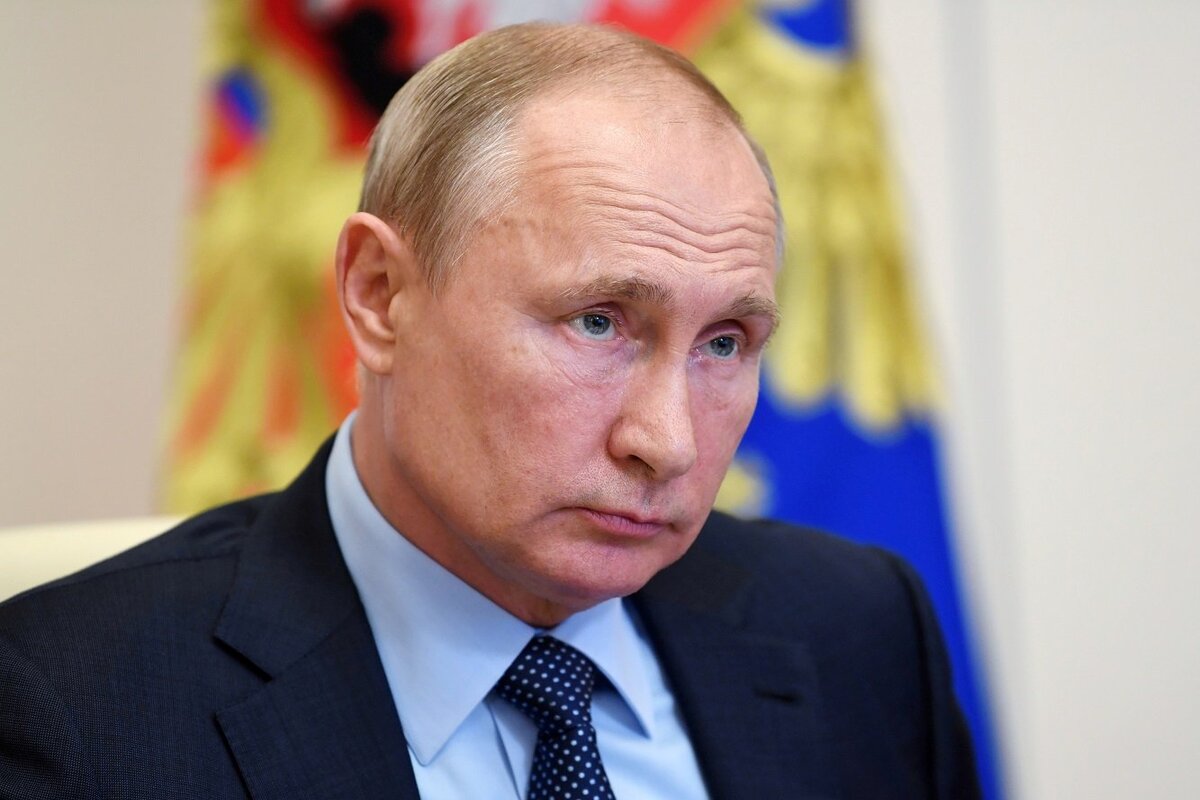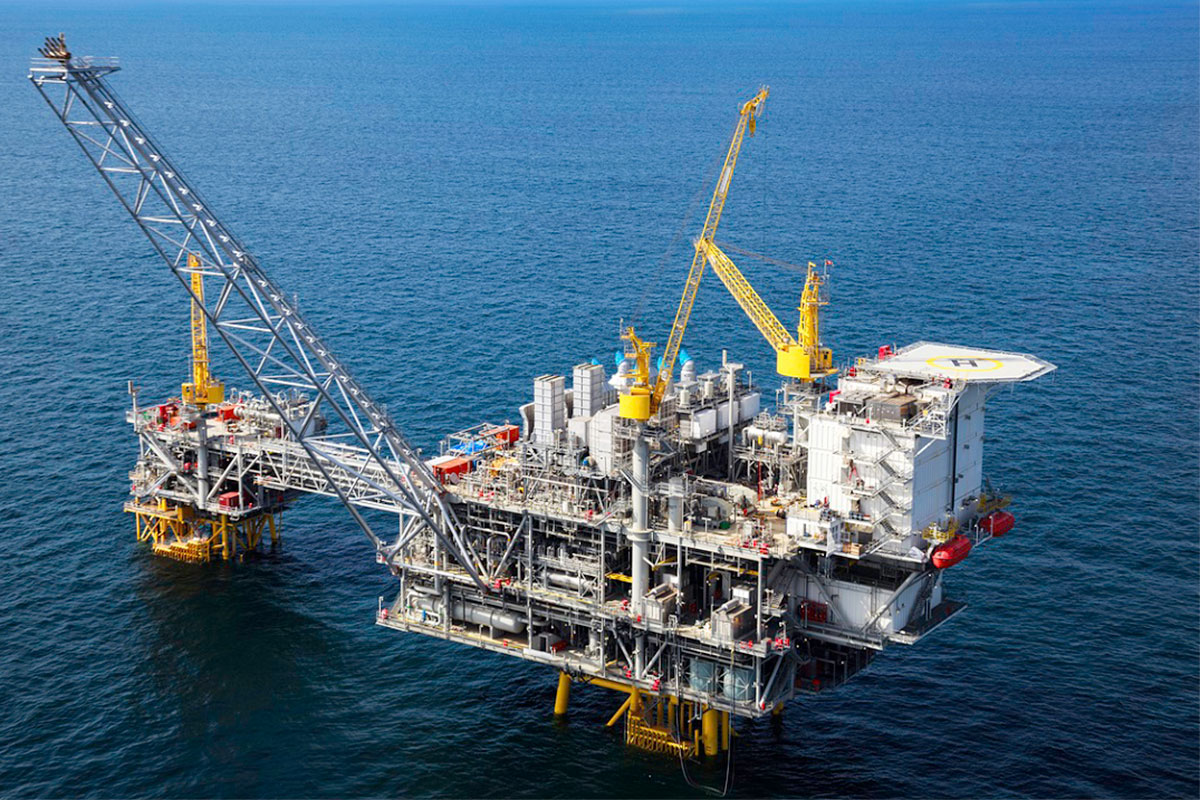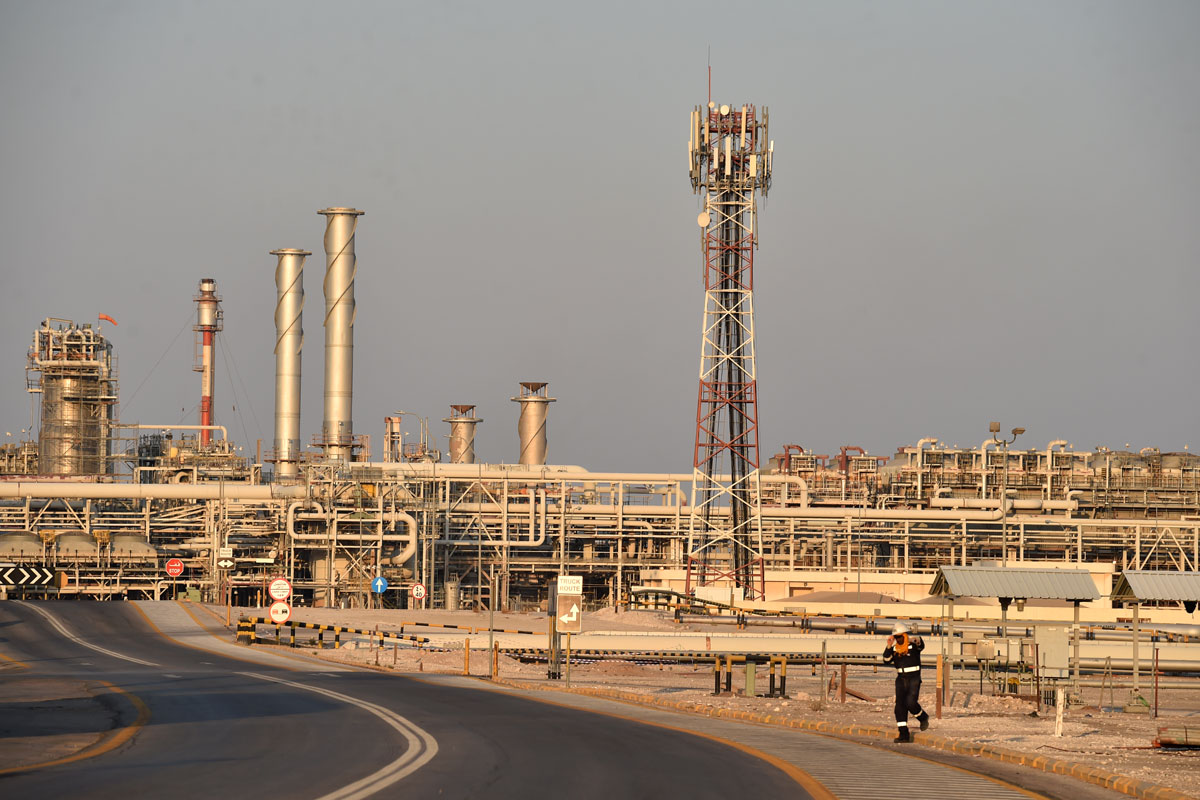Setback to OPEC
In an unexpected move, Angola has decided to part ways with the Organisation of Petroleum Exporting Countries (OPEC), sending ripples through the intricate web of global oil alliances.

In an unexpected move, Angola has decided to part ways with the Organisation of Petroleum Exporting Countries (OPEC), sending ripples through the intricate web of global oil alliances.

At the heart of the matter is the quest for stability in global oil markets.

According to Russia's central bank, crude oil exports accounted for Euro113 billion in 2021, on top of the Euro70 billion earned from refined products, such as gasoline and diesel.

The West Texas Intermediate for November delivery increased 1.24 US dollars, or 1.4 per cent, to settle at 87.76 dollars a barrel on the New York Mercantile Exchange. Brent crude for December delivery added 1.57 dollars, or 1.7 per cent, to settle at 93.37 dollars a barrel on the London ICE Futures Exchange.

OPEC+ said on Wednesday that it will slash oil production by 2 million barrels per day, the biggest cut since the start of the Covid-19 pandemic, media reports said.
The surge in the retail prices comes despite a surge in crude oil prices. Brent crude futures are currently over $69 per barrel.
Experts had broadly expected OPEC+ to reverse some of the output cuts.
Earlier this week, Pradhan had said India, where fuel demand is recovering to pre-pandemic levels, wants reasonable and responsible oil prices.
Talking to the media, Dharmendra Pradhan, on Sunday, said that there are two main reasons behind the fuel price rise.
The March contract of Brent on the Intercontinental Exchange (ICE) was at $54.70 a bbl, higher by 0.74 per cent from its previous close.